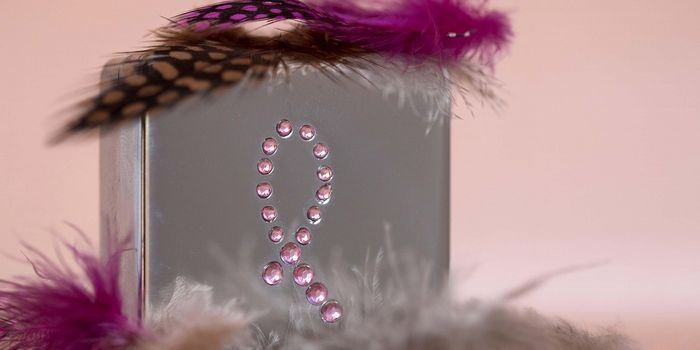Protein Marker Used to Suppress Pro-Tumor Inflammation
Cancer is an umbrella term used to characterize the abnormal growth of cells in different organs and tissues. Specific cancer types are named and categorized commonly based on location, mutation, and stage. Some cancers are fairly treatable, while others are much more difficult to target. Fortunately, primary tumor growth can be controlled, however, tumor expansion (also known as metastasis) to other sites of the body is much more difficult to detect and treat. Unfortunately, many solid tumors metastasize to other organs, which limits treatment efficacy.
One specific cancer type that is extremely aggressive and often metastasizes includes pancreatic cancer. Due to the high rate of metastasis, five-year survival is extremely low and treatment options are limited. Even within pancreatic cancer there are specific subtypes, which direct physicians on what treatment to prescribe to their patients. Pancreatic ductal adenocarcinoma (PDAC) is one of the most common and aggressive forms of pancreatic cancer. PDAC is steadily increasing and it now one of most common cancer malignancies in the world. Screening for PDAC is difficult, especially to detect the disease early, but those with high risk should talk to their doctor about screening options. Some risk factors include family history, genetic disorders, diabetes, chronic pancreatitis, obesity, and alcohol abuse. What makes PDAC incredibly dangerous is that it is caught in the later stages when it has already progressed and metastasized. Currently, the best treatment option is surgery combined with chemotherapy. However, scientists are working to improve immunotherapy options to enhance treatment and improve patient survival.
A recent paper in the Journal for ImmunoTherapy of Cancer (JITC), by Dr. Marcus Järås and others, found that blocking a specific protein on cells around PDAC sensitizes the tumor to therapy. Järås is a researcher at the Lund University in Sweden. He is also an Associate Professor and Senior Lecturer in the Division of Clinical Genetics. His work focuses on developing new ways to redirect the immune system to target tumors. Specifically, he employs various cancer models to test immunotherapies and improve antitumor responses.
Pancreatic ductal adenocarcinoma (PDAC) is commonly driven by a protein known as interleukin-1 (IL-1), which is expressed on fibroblasts – cells surrounding the tumor. However, it was previously unknown what happens when IL-1 is blocked. Järås and his team took PDAC cells and fibroblasts after treatment of IL-1 blockade and co-implanted them in mice. As a result, tumors co-implanted with the treated fibroblasts slowed tumor growth. Further analyses indicated that IL-1 blockade prevented the trafficking of inflammatory immune cells such as neutrophils to the tumor, which promoted cancer progression. Additionally, in a clinical trial in metastatic late-stage PDAC patients, IL-1 blockade extended survival. These findings demonstrate a critical advance in the biology of PDAC and a unique approach to immunotherapy. Järås and his team have discovered the consequences of IL-1 blockade and how this therapy can slow down cancer progression. Additionally, this therapy has shown to benefit patients in the clinic. Therefore, this work provides valuable information to enhance immunotherapy through combination treatments in refractory tumors.








